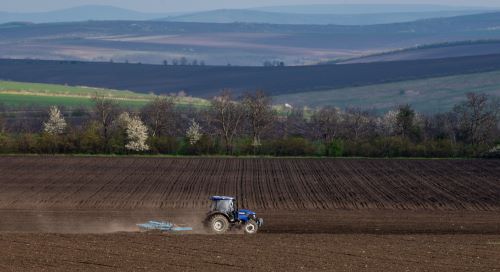
9 June 2023
A new report by the Sustainable Food Trust sets out the framework for the Global Farm Metric (GFM) including a category for soil. The report highlights the need for data-driven evaluations of farming practices and emphasizes the importance of aligning assessments and resources to support farmers on their sustainability journey. The GFM framework aims to drive bottom-up change and promote a more sustainable food and farming system.
The National Farmers' Union (NFU) is supporting the adoption of a new global warming measurement metric called Global Warming Potential. GWP considers the natural decline of atmospheric methane levels over time. This could impact farmers’ approaches to sustainable land management initiatives and carbon credits.
Researchers have found that pesticide companies withheld studies on brain toxicity from European regulators while submitting them to US regulators. The study highlights the need for full disclosure, harsh penalties, and independent studies to ensure public health and environmental protection on pesticides used in agriculture and on soils.
On that note, the Guardian has taken a look at whether we should worry about pesticides. They note that long-term effects of consuming multiple pesticide residues and their interactions with other contaminants are not well understood. They suggest a focus on integrated pest-management to reduce global pesticide use to protect biodiversity including soils and for sustainable food production.
Indonesia expects a severe dry season due to El Nino, posing risks to harvests and increasing forest fire threats. The dry spell will last until September, drying soil leading to droughts, reduced rainfall, and impacting agriculture.
New visualizations of the difference between soil carbon storage and sequestration have been published in a paper. This seeks to help deal with the growing tendency for their differences in relation to soil organic carbon not being distinguished in agricultural literature.
A new study reveals that insects and other invertebrates have experienced more significant declines in intensively-farmed areas compared to areas with low cropland over the past three decades. Bees and spiders have been particularly affected, likely due to their reliance on semi-natural habitats, like farmland soils for food and shelter.
The Soil Health Industry Platform (SHIP), a group of leading UK food and drink retailers and manufacturers led by the Sustainable Soils Alliance, will be hosting a technical workshop to discuss different regenerative agriculture projects taking place across the UK. Please contact